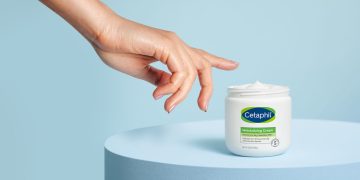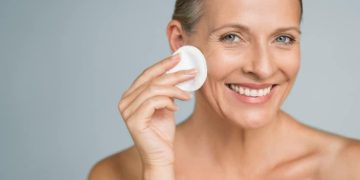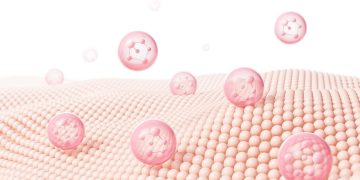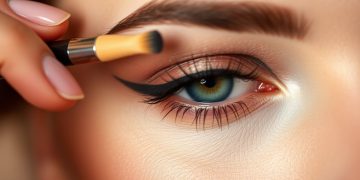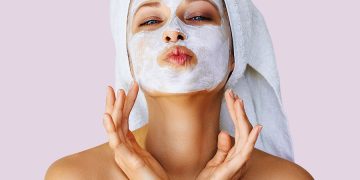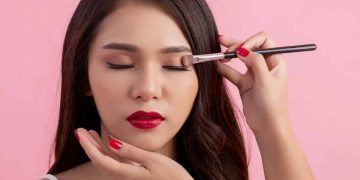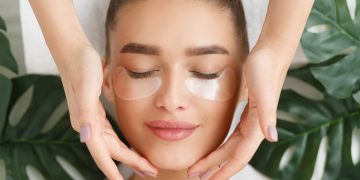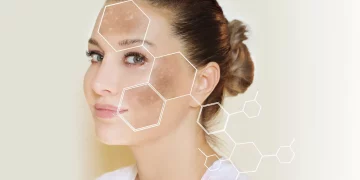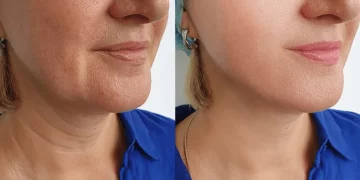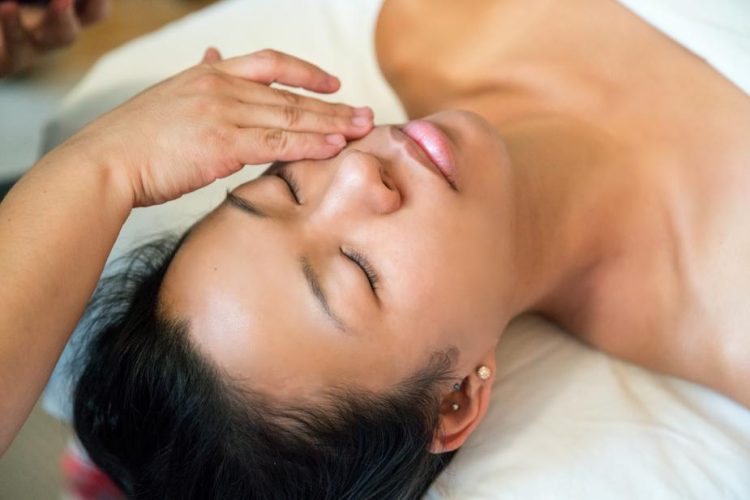Stress is an inevitable part of life, but its impact on both our mental and physical well-being is often underestimated. While stress can take a toll on our mood and productivity, it also has visible effects on our skin. From breakouts to premature wrinkles, stress can disrupt the natural balance of our skin. Fortunately, adopting mindfulness techniques and stress-reducing strategies can help mitigate these negative effects and promote healthier, glowing skin. In this article, we’ll explore how stress impacts your skin, stress-reducing techniques that benefit beauty, the role of meditation, and how to manage stress for a more radiant complexion.
1. The Effects of Stress on Skin (Breakouts, Wrinkles)
Stress has a profound impact on our skin’s appearance. When we’re stressed, our bodies release an increased amount of cortisol, a hormone that can wreak havoc on skin health. This surge in cortisol leads to several skin issues, including:
Breakouts and Acne
High levels of cortisol stimulate the sebaceous glands in the skin, causing them to produce more oil. This excess oil can clog pores and result in breakouts or acne. Stress can also weaken the skin’s ability to heal, meaning blemishes may take longer to fade.
Premature Wrinkles and Fine Lines
Chronic stress can accelerate the aging process. Stress leads to the constriction of blood vessels, reducing blood flow to the skin and depriving it of essential nutrients. Over time, this can result in the breakdown of collagen and elastin, the fibers responsible for skin elasticity, which can lead to the formation of fine lines and wrinkles.
Skin Sensitivity and Irritation
Stress can also affect the skin’s barrier function, making it more prone to irritation, redness, and conditions like eczema or psoriasis. People who are stressed may notice an increase in skin flare-ups, dryness, or general sensitivity.
Dull, Uneven Skin Tone
When stressed, the body is more likely to experience poor sleep, dehydration, and poor digestion. These factors contribute to a dull and uneven skin tone. The lack of sleep, in particular, can lead to dark circles under the eyes and a tired-looking complexion.
2. Stress-Reducing Techniques for Beauty
Managing stress is crucial for both your mental health and your skin. Here are several effective stress-reducing techniques that can benefit your overall well-being and beauty:
Exercise
Physical activity is one of the most effective ways to reduce stress. Exercise stimulates the release of endorphins, which are natural mood elevators. Additionally, exercise promotes healthy blood circulation, which benefits the skin by ensuring it receives the nutrients it needs to remain vibrant. Activities like yoga, jogging, and even a brisk walk can help alleviate stress and improve skin health.
Deep Breathing and Relaxation
Practicing deep breathing techniques or engaging in relaxation exercises can help lower cortisol levels and reduce stress. Mindful breathing—such as inhaling for a count of four, holding for four, and exhaling for four—can activate the body’s parasympathetic nervous system, which induces a relaxation response. This can help soothe both your mind and your skin.
Aromatherapy
Aromatherapy uses essential oils to promote relaxation and reduce stress. Scents such as lavender, chamomile, and sandalwood have been shown to lower cortisol levels and induce feelings of calm. Incorporating essential oils into your skincare routine or diffusing them in your home can help reduce stress and improve skin health.
Massage
Facial and body massages are not only relaxing, but they also help stimulate blood circulation, which can benefit the skin. A facial massage can help promote lymphatic drainage, reduce puffiness, and encourage the elimination of toxins, while body massages can relieve muscle tension and ease stress.
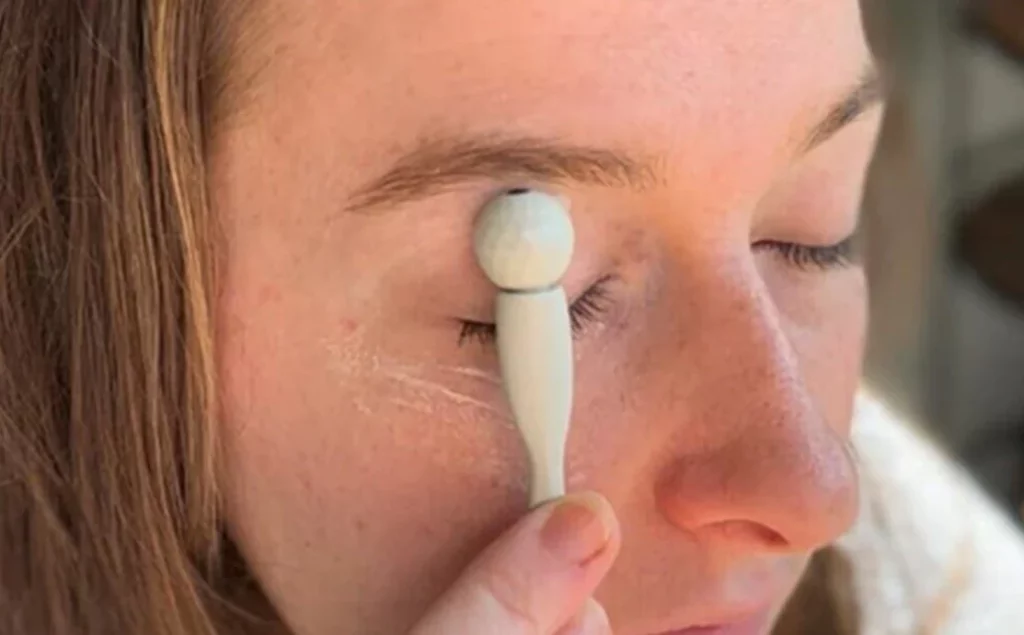
3. Meditation and Its Impact on Your Skin
Meditation is another powerful tool for managing stress, and it also has a positive impact on your skin. By practicing mindfulness meditation, you can reduce your stress levels, improve emotional well-being, and enhance the quality of your skin. Here’s how meditation works for your beauty:
Stress Reduction
Regular meditation is proven to reduce the body’s response to stress. By focusing on the present moment and calming the mind, meditation helps reduce the production of stress hormones like cortisol. Lower cortisol levels can lead to fewer breakouts, reduced inflammation, and an overall improvement in skin clarity.
Improved Sleep
Meditation can help improve sleep quality, which is vital for skin health. Poor sleep leads to tired, dull-looking skin, dark circles under the eyes, and slower cell regeneration. By incorporating meditation into your nightly routine, you can promote better sleep and allow your skin to repair itself naturally.
Enhanced Mind-Body Connection
Meditation fosters a greater sense of mindfulness, helping you become more aware of your body’s needs. This increased self-awareness can lead to healthier lifestyle choices, including better hydration, a balanced diet, and avoiding stress-inducing habits. All of these factors contribute to more radiant and youthful skin.
Anti-Inflammatory Effects
Chronic stress often leads to inflammation in the body, which can exacerbate skin conditions like acne, eczema, and rosacea. Meditation has been shown to help regulate the body’s inflammatory response, which can help manage skin flare-ups and promote overall skin health.
4. How to Reduce Stress for a Healthier Glow
If you’re struggling with stress, it’s essential to take proactive steps to manage it for the sake of both your mind and your skin. Here are some practical tips for reducing stress and promoting a healthier glow:
1. Prioritize Self-Care
Make time for yourself, even if it’s just a few minutes each day. Whether it’s a relaxing bath, reading a book, or enjoying a cup of tea, incorporating moments of self-care into your routine helps to lower stress and enhance your well-being.
2. Stay Hydrated
Stress can lead to dehydration, which can affect your skin’s appearance. Drinking enough water helps flush out toxins and keeps your skin hydrated. Aim to drink at least 8 glasses of water a day, and consider adding skin-boosting herbs like mint or cucumber for an extra hydration boost.
3. Practice Gratitude
Gratitude is a powerful tool for combating stress. Taking a moment each day to reflect on things you’re grateful for can help shift your mindset from stress to calm. Studies have shown that people who practice gratitude regularly experience lower stress levels and enhanced emotional well-being.
4. Set Boundaries
Managing your schedule and setting boundaries with work, relationships, and personal commitments can help reduce the overwhelming feelings that often contribute to stress. Learning to say no and prioritizing your mental health can allow you to regain control over your life and reduce skin-stressing cortisol production.
5. Engage in Creative Hobbies
Creative activities like painting, writing, knitting, or cooking can act as therapeutic outlets for stress. Engaging in hobbies you enjoy allows you to disconnect from daily stressors and find joy in the present moment. This helps lower stress hormones and promotes a more balanced and glowing complexion.
Conclusion
Stress is an unavoidable part of life, but its impact on your skin doesn’t have to be permanent. By adopting mindfulness practices like meditation, engaging in stress-reducing techniques, and taking steps to prioritize self-care, you can manage stress in a way that benefits both your mental well-being and your skin. A healthier mind leads to a healthier body, and a stress-free life is a radiant one. Take the time to nurture yourself, and watch as your skin begins to glow from within.

